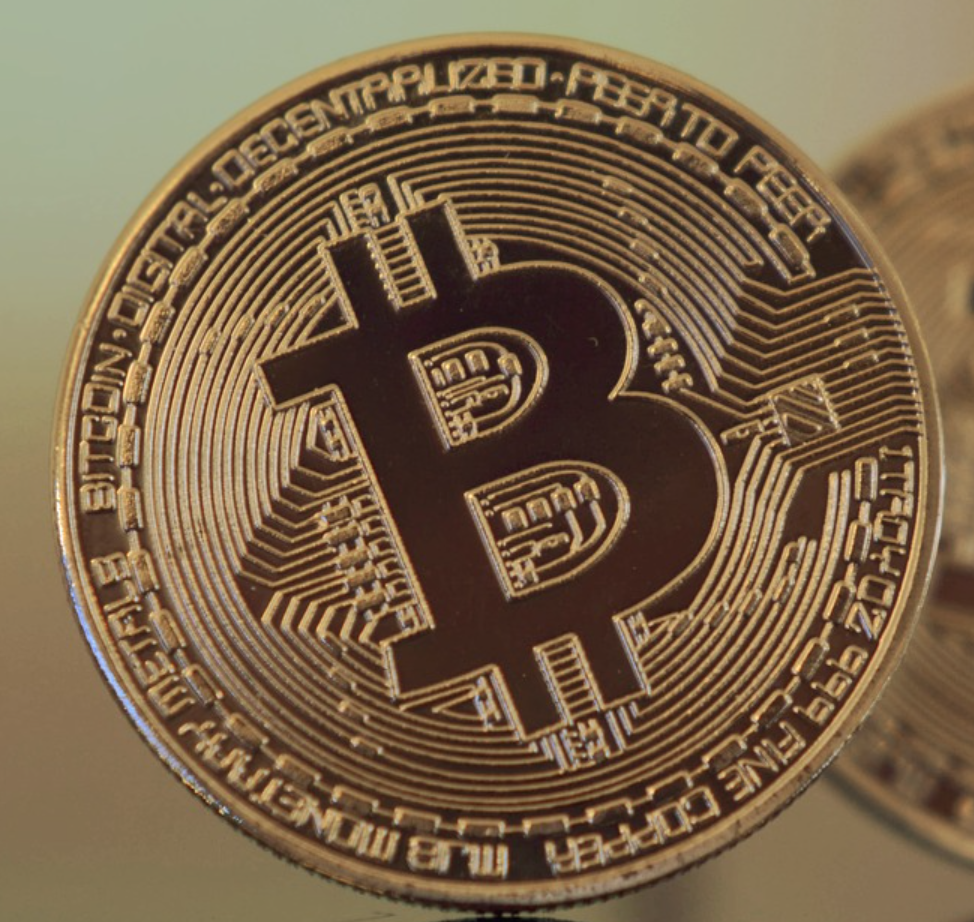by Fred Fuld III
In case you missed it, the country of El Salvador has accepted Bitcoin as the country’s legal tender along with the U.S. dollar, yet the price of Bitcoin crashed.
According to Professor Ram Gopal, Head of the Gillmore Centre for Financial Technology at Warwick Business School, which conducts research into cryptocurrency, “While the timing and the bull rush into bitcoin without ensuring the appropriate infrastructure and education is in place is questionable, this is indeed a bold move by El Salvador.
“It is not at all surprising that there are birthing pains, as is always the case with any new innovation, but these will ease. The broader message that is important is that cryptocurrencies are here to stay. What form they take, whether it is fully decentralized as bitcoin, or alternative forms such as stablecoins or CBDCs, is yet to unfold and is an interesting space to watch.”
Ganesh Viswanath-Natraj, Assistant Professor of Finance at Warwick Business School, said, “El Salvador’s monetary experiment to make Bitcoin as legal tender is pitched as a solution to a largely unbanked population as an effective savings vehicle and as a store of value for users. However, there are a number of issues with using Bitcoin from a macroeconomic and financial stability standpoint.
“First, is Bitcoin’s volatility, with daily price changes a order of magnitude higher than fiat currency exchange rates. For example, Bitcoin crashed by up to 50% on March 12th, 2020, an event known as Black Thursday to the cryptocurrency community.
“Second, high volatility in a medium of exchange corresponds to high volatility in the macroeconomy. Users who hold Bitcoin will now see wild swings in their savings, which will then filter to volatile consumption, hours worked, and therefore cause greater swings in output and inflation.
“Third, a subsequent channel is through the banking system. To the extent that banks are allowed to hold deposits in a cryptocurrency, for example by offering Bitcoin wallet services to its residents, banks will see large fluctuations in their deposits. As balance sheets become more volatile, bank lending and credit channels to households and firms are disrupted.
“A potential solution to El Salvador’s experiment is to replace Bitcoin with stablecoins, a class of cryptocurrencies pegged to the USD and backed by dollar reserves.
“In solving the volatility problem, the financial inclusion benefits a cryptocurrency brings can help provide an effective savings for El Salvador residents, helping them smooth consumption with net welfare benefits for the macroeconomy.”

